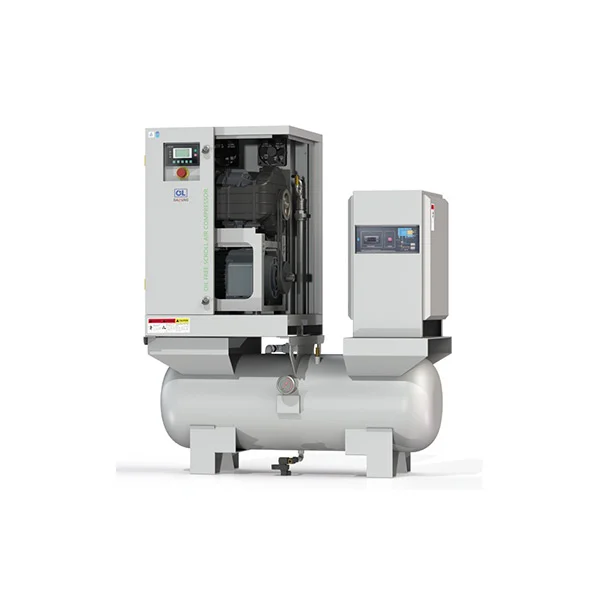Understanding Home Care vs. Caregivers: A Comprehensive Guide to Choosing the Right Support for Your Loved Ones
In today's fast-paced world, the need for personalized care for the elderly and individuals with disabilities is more pressing than ever. As families navigate the complexities of care options, two terms often arise: home care and caregiver. While they may seem interchangeable at first glance, understanding the nuances between them is crucial for making informed decisions about the care of your loved ones. This article delves into the differences between home care and caregivers, exploring their roles, services, and how to choose the right option for your family's needs.
Defining Home Care
Home care refers to a broad range of supportive services provided in the comfort of a person's home. This type of care is designed to assist individuals who may be aging, recovering from surgery, or living with chronic illnesses or disabilities. Home care services can be categorized into two main types: non-medical and medical care.
- Non-Medical Home Care: This includes assistance with daily living activities (ADLs) such as bathing, dressing, meal preparation, and companionship. Non-medical caregivers focus on enhancing the quality of life for their clients, ensuring they remain comfortable and engaged in their daily routines.
- Medical Home Care: This encompasses skilled nursing services, physical therapy, and other medical interventions that require professional training. Medical home care is typically provided by licensed healthcare professionals, such as registered nurses or physical therapists, who can administer medications, monitor health conditions, and provide rehabilitation services.
Understanding Caregivers
A caregiver is an individual who provides care and support to someone who is unable to fully care for themselves. Caregivers can be family members, friends, or hired professionals. The term caregiver is often used to describe those who provide non-medical assistance, but it can also refer to professionals who offer medical care.
Types of Caregivers
- Family Caregivers: Often the first line of support, family caregivers are usually unpaid individuals who take on the responsibility of caring for a loved one. Their involvement can range from occasional assistance to full-time care.
- Professional Caregivers: These are individuals who are trained and often certified to provide care services. They can work independently or through home care agencies. Professional caregivers may specialize in specific areas, such as dementia care, post-operative recovery, or palliative care.
Key Differences Between Home Care and Caregivers
While the terms home care and caregiver are related, they represent different aspects of the caregiving landscape. Here are some key distinctions:
- Scope of Services: Home care encompasses a wide range of services, including both medical and non-medical support. Caregivers, on the other hand, may provide either type of service depending on their qualifications and the needs of the individual.
- Professional Training: Home care services, especially medical care, are typically provided by trained professionals. Caregivers can be either trained professionals or family members without formal training. This distinction is crucial when considering the level of care required.
- Regulatory Oversight: Home care agencies are often subject to state and federal regulations, ensuring that they meet specific standards of care. Individual caregivers, particularly family members, may not be bound by the same regulations, which can impact the quality and consistency of care.
- Cost Considerations: The cost of home care services can vary significantly based on the type of care required and the agency providing it. Hiring a professional caregiver through an agency may be more expensive than relying on family members, but it often comes with the assurance of trained support.
Choosing the Right Option for Your Loved Ones
When deciding between home care and hiring a caregiver, consider the following factors:
- Assess Needs: Evaluate the specific needs of your loved one. Do they require medical assistance, or is companionship and help with daily activities sufficient? This assessment will guide your decision.
- Budget: Determine your budget for care services. While family caregivers may save costs, professional home care can provide peace of mind and a higher level of expertise.
- Quality of Care: Research potential home care agencies or individual caregivers. Look for reviews, credentials, and any relevant training or certifications. Quality of care should be a top priority.
- Flexibility: Consider the flexibility of care options. Home care agencies often provide customizable plans that can adapt to changing needs, while family caregivers may have limitations based on their availability.
- Emotional Support: The emotional well-being of both the caregiver and the individual receiving care is essential. Ensure that the chosen option fosters a supportive environment for everyone involved.
Conclusion
Understanding the difference between home care and caregivers is vital for families seeking the best support for their loved ones. By recognizing the scope of services, professional training, regulatory oversight, and cost considerations, families can make informed decisions that align with their needs and values. Whether opting for professional home care or relying on family caregivers, the ultimate goal remains the same: to provide compassionate, quality care that enhances the lives of those we love.




